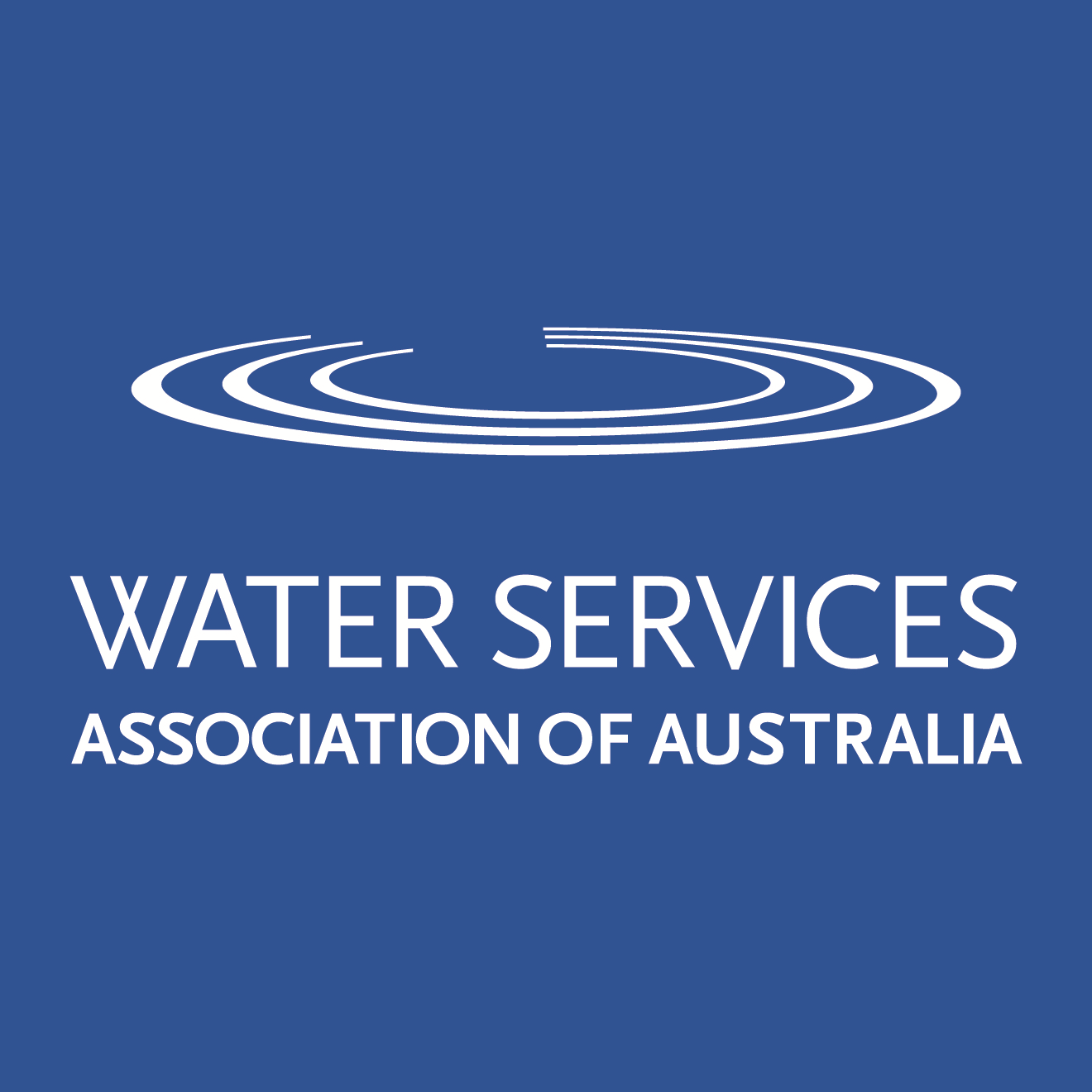
The inclusion of women at all levels in the water sector is a priority for Australian water utilities and the Australian Government, this case study showcases work by the Australian urban water industry to achieve gender balance.
Boost inclusion and diversity in the workforce with women at all levels in the water sector.
The Australian Government has outlined case for women in water through the High-Level Panel with the Women for Water Initiative. The Australian Water Partnership’s recent paper Gender & SDG 6 The Critical Connection outlines the critical role of women in achieving the clean water and sanitation goal.
Better gender balance on water utility boards
Increases in the proportion of women in roles traditionally held by males
Increased focus on inclusion and diversity, including gender equity
Utilities recognise that having an inclusive work environment and diverse workplace is recognised as a way to sustainably respond to industry challenges, including growing customer expectations, climate change and technological capability. Many water utilities are undertaking specific action to support gender equity including targeted leadership programs for women.
Water industry efforts for inclusion of women at all levels in the sector is outlined in the WSAA paper Tapping the Power of Inclusion and Diversity in Urban Water. Actions being undertaken by water utilities around Australia to help achieve gender equity include:
The Women in Water Leadership Program offered by the Peter Cullen Trust is an example of a water industry program designed to support women in leadership roles

